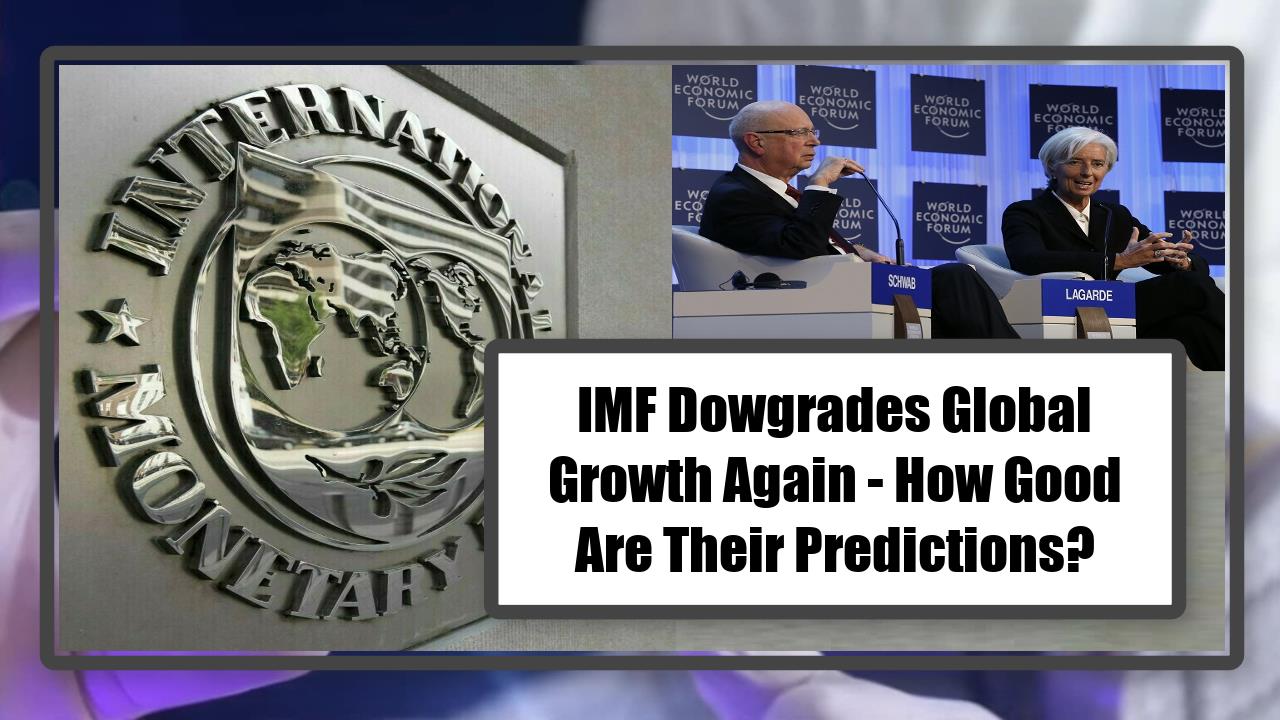Video:
Take our online poll:
AI Analysis:
Economists often find it challenging to predict future economic growth for several reasons:
1) Complex and Interconnected Variables: The economy is a complex system with numerous interconnected variables, making it difficult to isolate the impact of any single factor. Changes in one area, such as government policy or global events, can have far-reaching effects that are challenging to quantify accurately.
2) Uncertainty and Volatility: The economy is subject to various sources of uncertainty, including geopolitical events, technological advancements, and natural disasters, which can disrupt economic forecasts. Economic shocks can lead to rapid changes in growth patterns.
3) Behavioral Economics: Economic decisions are often influenced by human behavior, which can be irrational and unpredictable. Consumer and business sentiment can change quickly, impacting spending, investment, and overall economic performance.
4) Data Limitations: Economic forecasts rely on historical and current data. These data are not always accurate, complete, or timely. In some cases, economic indicators are revised, leading to changes in the assessment of past performance.
5) Model Assumptions: Economic models used for forecasting are based on certain assumptions, which may not always hold true in the real world. The accuracy of forecasts can be highly sensitive to these assumptions.
6) Policy and Political Factors: Government policies, both domestic and international, can significantly impact economic growth. Changes in tax rates, trade policies, and regulatory environments can be hard to predict.
7) Global Interconnectedness: In today's globalized world, economies are increasingly interconnected. Events in one part of the world can have ripple effects that are challenging to anticipate. For example, a financial crisis in one country can trigger a global economic downturn.
8) Non-economic Factors: Events like natural disasters, pandemics, and terrorist attacks can have profound economic consequences. These events are difficult to forecast accurately.
9) Feedback Loops: Economic forecasting can be subject to feedback loops, where expectations and behavior based on forecasts can influence the actual economic outcome. For example, a pessimistic forecast may lead to reduced consumer spending, contributing to the very economic slowdown the forecast predicted.
10) Long Time Horizons: Economic growth is influenced by long-term trends and structural changes. Predicting these changes over extended time horizons is inherently challenging.
11) Lack of Historical Precedent: Some economic events and situations have no clear historical precedent, making it challenging to draw upon past data and experiences for forecasting.
While economists and economic models have improved over time, the inherent complexity and uncertainties of the global economy mean that precise predictions are elusive. Nonetheless, economic forecasts can provide valuable insights into potential future scenarios, helping individuals, businesses, and policymakers make informed decisions.
Chart:

References:


Comments